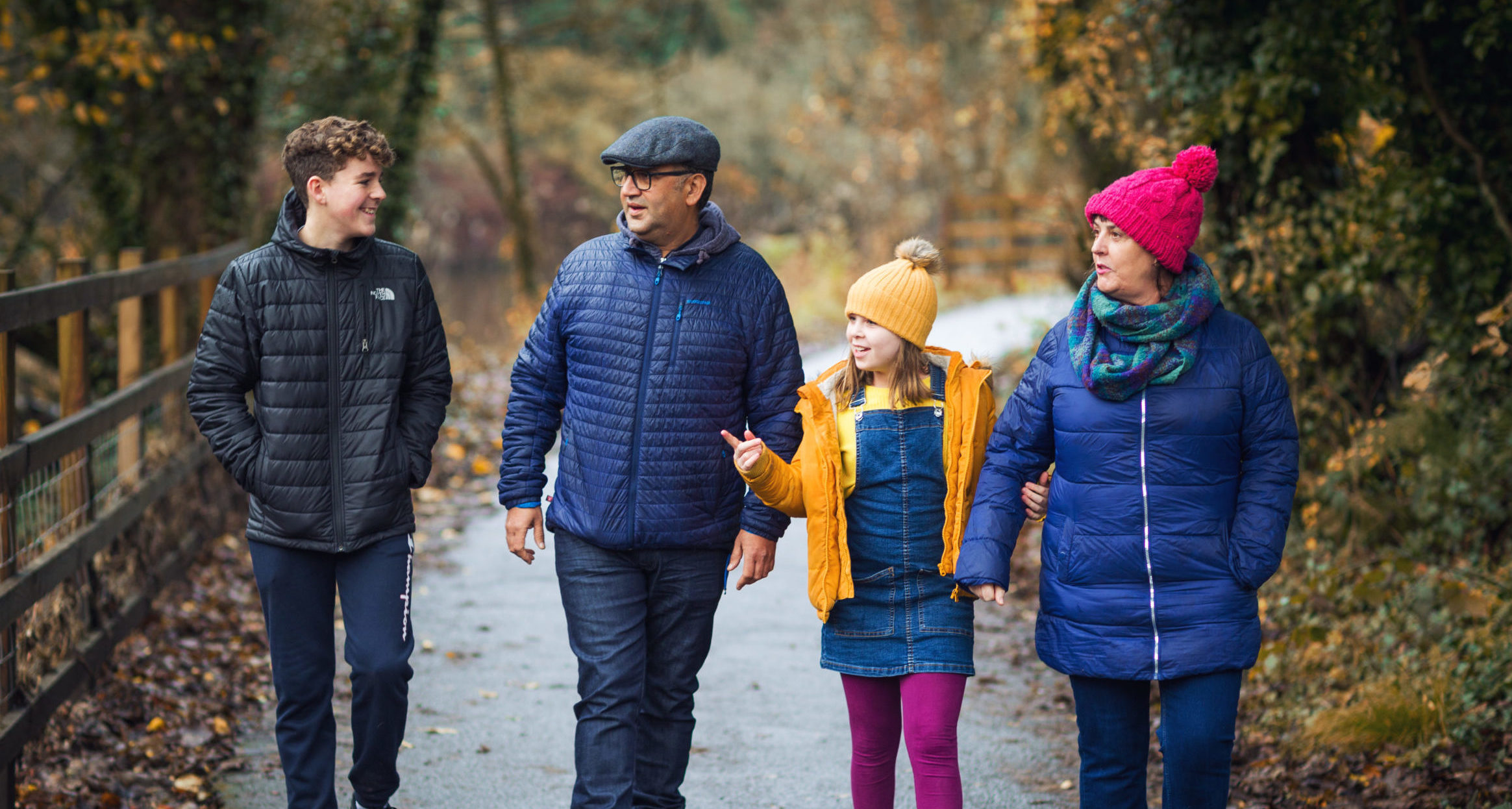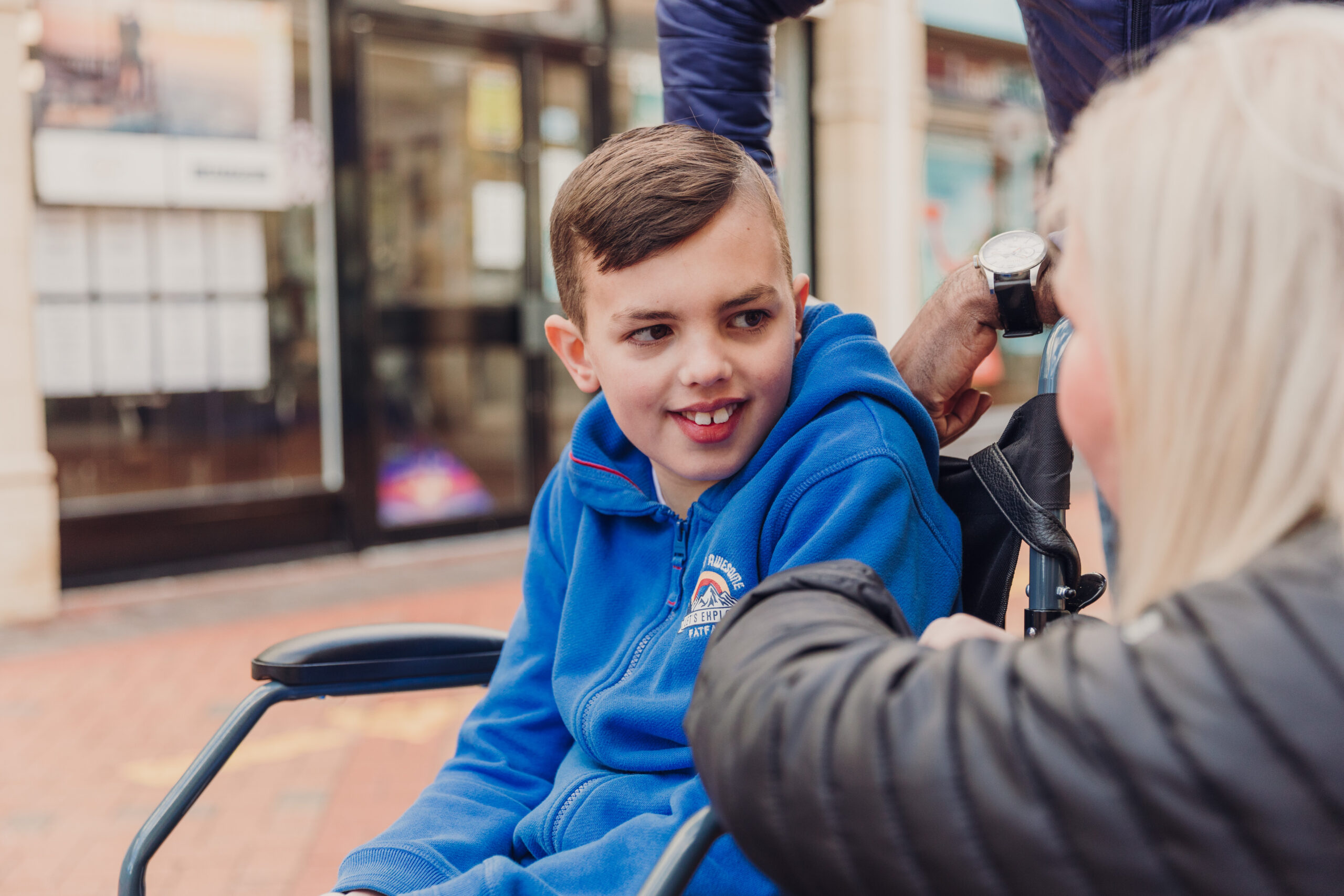ways to foster
types of fostering
types of foster care
Home sweet home. A safe place to be loved. Somewhere to call your own. Fostering means providing that home. It can be as short as an overnight stay, or something more long-term. No two children are the same, and so each child requires unique foster care.
short-term foster care

Short term fostering is anything from a few hours to a few months or years.
A short-term foster carer provides a safe space for a child while plans for the future are still being made. It can be your role to guide them to their family, to their next foster home or sometimes to adoption.

A short stay can be the start of something spectacular. The first steps on an exciting journey that is new for each child in our care, and every foster carer too.
long-term foster care

Long-term foster care represents a safe, loving home with a different family for children who can’t live at home.

There’s a lot of thought and care that goes into pairing the right people for long-term care. Long-term foster care provides a safe and secure space for a child – an offer of long-term stability. This means a child becomes part of a secure, stable foster family for life.
specialist kinds of foster care
Both short-term and long-term fostering covers all types of care, including some more specialist kinds which require a special type of approval including:

short breaks
Short breaks, otherwise known as ‘support care’ can involve taking a child in overnight, during the daytime or on weekends. These are usually planned in advance and can become a regular occurrence to support both young people and their foster families.
Short break fostering (previously referred to as respite fostering) is short term fostering, often for just a few days and are usually to allow some time or a break for the family or the main foster carers. We are seeking carers who can care for siblings groups as well as children on their own of all ages. If you feels that you could care for a child(ren) short term, please get in touch with us.

children with disabilities
There are a number of children being cared for at home who would greatly benefit from short breaks out of the family home to provide even further social opportunities for them as individuals and a short break from the caring responsibilities for their parents and carers. If you feel that you could offer overnight care for a child or young person with additional needs and be part of the team that makes their world a great place, we want to hear from you.

parent and child
You may have a lot of valuable parenting know-how which can be shared with the next generation. That’s what parent and child placements offer: helping parents build up the life skills that they need, so they can look after their children and themselves.
We aim to support parents and their children to remain together wherever we can. And we want to increase the number of parent and child placements that we offer in order to do this. As a foster carer for parent and child placements, you will be asked to keep observations and provide support and guidance to support the parent in the care of their child.

therapeutic care
Sometimes, different care is needed for children who have more complex behavioural or emotional needs. That can require individuals with specific skillsets or experiences, or it could mean an extra layer of support from our team.

teen scheme
We are recruiting foster carers for our teen scheme. Also known as residential to fostering or step-down fostering, the scheme supports young people to live within fostering families. Carers who are successfully selected will receive an enhanced rate provided to reflect the time, skill and nurturing that these placements may require.
We are looking for carers who are outgoing and creative and ready to take part in activities alongside our young people to build their confidence and self esteem within the home and at community activities.

siblings
There is double the fun and extra reward when caring for a sibling pair. We are working towards keeping siblings together as they understand what they have both been through.
We know that when siblings are kept together, there are better mental health outcomes for children and less placement moves.
We are seeking family orientated carers who could provide care for siblings. This will involve caring for brothers and sisters together so that they are able to continue to live with each other when they are not able to be at home.

emergency bed
We are currently seeking foster carers to provide emergency care for children in crisis situations. These arrangements will last up to 15 days so that we can get to know the child or young person and either work together around the child and family for them to return home safely or to move on to a matched placement.
As you will be ‘on call’ in readiness for a young person to arrive with you, a retainer is paid for the periods of time that there is not a young person in placement (terms and conditions apply).

children and young people seeking sanctuary
As we are aware from the media, there are times when children and young people arrive in the UK, without any parent or carer. These children and young people require care and support to understand their new surroundings and life without their family around them. This can be a frightening time and we are currently seeking foster carers who would be able to support children and young people in these circumstances. If you have a spare room and feel that you could people children and young people at these times, please contact us for more information.

the right place model
All children have a right to family life. The right place model allows children to live in a welcoming family home whilst being offered support from their foster carers, locally based specialists, practitioners, and social workers.
If you have had life or work experiences which help to understand those of care experienced young people, can be available on a full-time basis and want to build a supportive relationship with a young person, we want to hear from you. Full training would be included to equip you as a specialist level foster carer.
Help these young people make the right choices in life.
supported lodgings

supported lodgings host
There are different types of fostering and different roles carers can play, but if fostering is not right for you at this time, then you may want to consider becoming a supported lodgings host.
Our Supported Lodgings Hosts offer a spare room in their home to young people aged 16 to 21 who need support and guidance before they can live independently. Specifically, welcoming care leavers, young people in care, or homeless children 16/17 yr olds. Supported Lodgings is for young people that may not be ready to live on their own and need some guidance and assistance. Learn More

